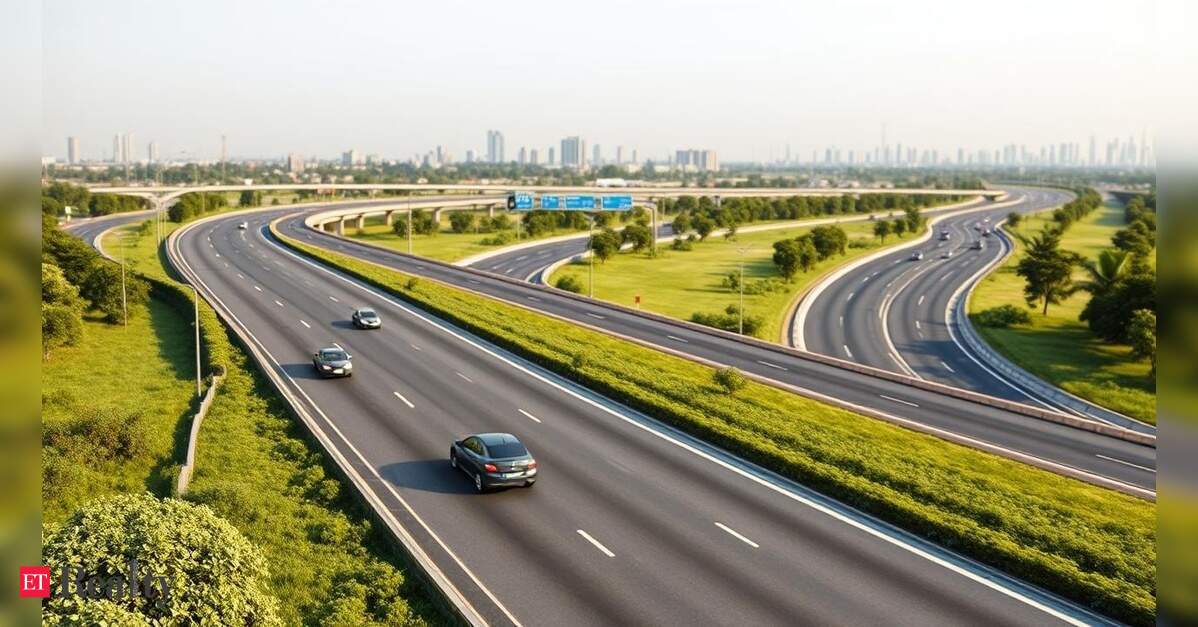
ITANAGAR: The Arunachal Pradesh Cabinet has approved a Bill that aims to establish a legal framework for town planning schemes, marking an important advancement towards organizing urban growth and development in the state, as stated by officials.
This decision follows the rapid urbanization in the state, with 47 recognized urban centers needing structured planning to prevent unregulated growth.
The draft Arunachal Pradesh Urban and Country Planning (Amendment) Bill will be presented in the upcoming Assembly session, allowing for town planning schemes, land pooling, and enabling the state to access Rs 100 crore in capital incentives during the ongoing financial year as part of the special assistance scheme for capital investment 2025-26.
The Cabinet meeting, chaired by Chief Minister Pema Khandu in Ziro, Lower Subansiri district, noted that this initiative is in line with the state government’s long-term vision for sustainable urbanization while addressing challenges linked to geography and accessibility.
The proposed amendments will facilitate organized urban growth by introducing new planning schemes, transferring development rights, and empowering local bodies to implement master plans in accordance with national and constitutional guidelines, including the 74th Amendment Act.
In response to urgent public safety needs, the Cabinet has approved the establishment of four new fire stations in Mebo (East Siang), Kimin (Papum Pare), Deomali (Tirap), and Lungla (Tawang), along with the creation of 68 positions to ensure adequate staffing.
This initiative aims to enhance emergency response capabilities in vulnerable regions.
In another key decision, the Cabinet has approved the Arunachal Pradesh Municipal Property Tax Management Rule, 2025.
The rule will first be implemented in all municipal areas, with the government emphasizing that property tax collection will enhance the financial autonomy of urban local bodies (ULBs), promoting them towards greater self-reliance under the initiative dubbed “Atmanirbhar Municipality.”
The Cabinet also ratified the Arunachal Pradesh Municipal (Control on Advertisement) Regulations, 2025, aimed at managing outdoor advertising while ensuring a balance between commercial interests and urban aesthetics.
Additionally, the Cabinet approved changes to the Arunachal Pradesh (Land Settlement and Records) Rules, 2012, which will allow government land to be leased for agricultural, residential, commercial, industrial, and public utility purposes, with lease terms extending up to 50 years, renewable for another 49 years.
Recruitment regulations for various positions, including art experts, finance and accounts officers, treasury officers, labor inspectors, statistical inspectors, and marketing inspectors across the Information & Public Relations, Finance, Labor & Employment, and Agriculture departments have also been revised.
The revisions aim to simplify recruitment processes, update eligibility criteria, and enhance transparency in appointments.
A detailed presentation on the state’s finances was provided by the commissioner (Finance), indicating a steady growth in the State’s Own Revenue (SOR).
The SOR increased from Rs 927.19 crore in 2015-16 to Rs 4,030.02 crore in 2024-25, a growth of over 334%. The state’s own tax revenue grew from Rs 535.07 crore to Rs 2,819.70 crore (426.98%), while non-tax revenue rose from Rs 392.12 crore to Rs 1,210.32 crore (208.66%).
GST collections demonstrated a similar upward trajectory, soaring 731% from Rs 227.94 crore in 2017-18 to Rs 1,894.42 crore in 2023-24, according to the statement.
The state’s Annual Budget also witnessed significant growth, climbing from Rs 12,533.63 crore in 2015-16 to Rs 39,842.23 crore in 2025-26, representing an increase of Rs 27,308.60 crore over ten years.
The Cabinet was also briefed on reforms in digital receipt and fund-release mechanisms.
The electronic government receipt accounting system (e-GRAS), introduced in 2021 and mandated for all departments from January 2025, offers a round-the-clock digital platform for government receipts, reducing manual delays and enabling quicker financial reconciliation.
To support compliance in remote areas, e-GSK (GST Suvidha Kendra) facilities have been launched for small traders and taxpayers.
Furthermore, the state reviewed fund flows under the single nodal agency (SNA) framework via the SPARSH platform, with the Centre releasing Rs 1,584.87 crore, of which Rs 1,098.46 crore has been electronically acknowledged by the finance, planning, and investment department, as stated.




